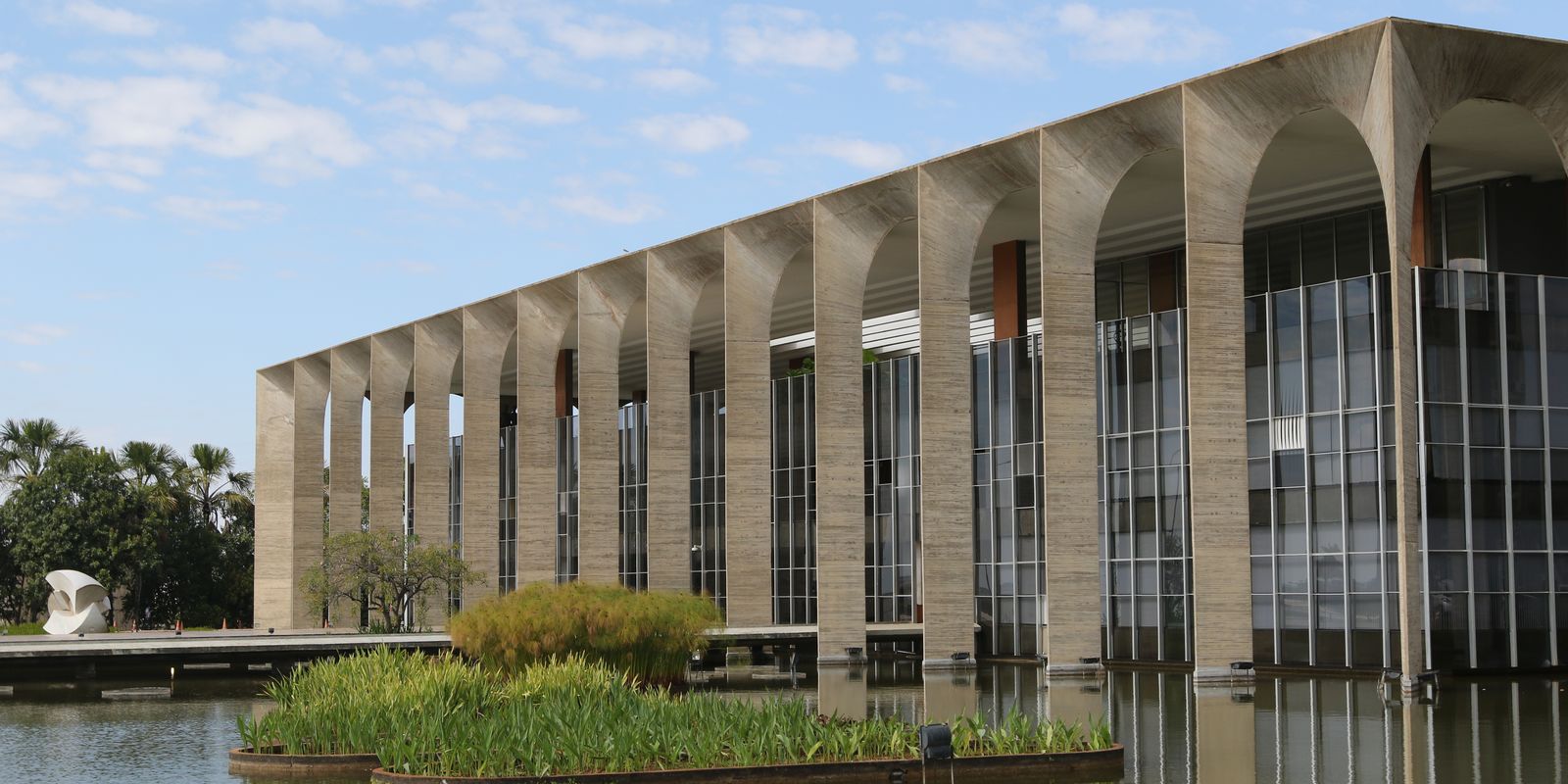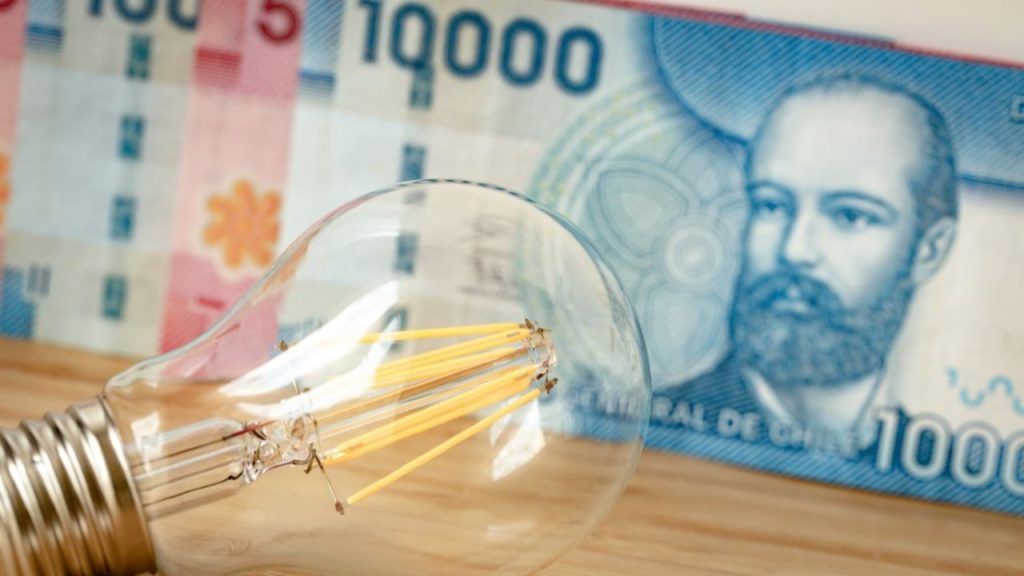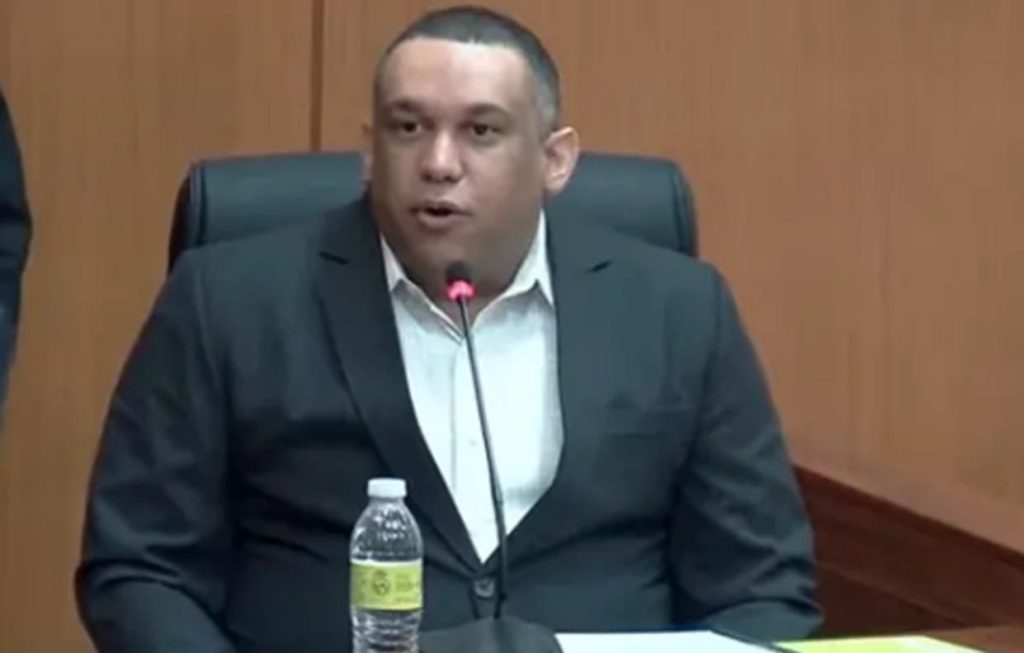President Luiz Inácio Lula da Silva will travel to Chile next week for a state visit that is expected to include the signing of more than 15 bilateral agreements. The expectation is to diversify the partnership between the two countries beyond the commercial agenda and expand the range of Brazilian products exported.
In addition to ministers, advisors and other members of the federal government, around 200 Brazilian businesspeople are also expected to arrive in Santiago to participate in the Chile-Brazil Business Forum, which will take place at the same time as the presidential agenda.
Ambassador Gisela Padovan, secretary for Latin America and the Caribbean at the Ministry of Foreign Affairs (MRE), said that the visit is a symbol of the diplomatic rapprochement between the two countries, following the inauguration of Gabriel Boric in March 2022.
“We are seeking to expand this bilateral agenda to work on a friendship that goes beyond economic and commercial issues, to issues such as science and technology, defense of democracy and human rights, education, innovation, health. We have a very dense agenda that covers several aspects,” said Padovan, during briefing promoted by the Ministry of Foreign Affairs to detail the trip.
According to the secretary, Brazil is interested in discussing issues involving the defense industry with Chile – and in this area the countries already have a historic partnership in the manufacture of aircraft – and in expanding the agricultural products exported to Chile – such as oils. Chile is interested in discussing aspects related to security, combating crime, risks of natural disasters and cybersecurity.
“We want to work so that the region is not simply an exporter of commoditiesbut can also benefit and generate quality jobs”, she stated. She also highlighted the coincidence of Lula and Boric’s positions on several issues on the global agenda, such as democracy, regional integration, the environment, human rights, social inclusion and the situation in Palestine. “These are issues on the international agenda where there is a convergence of views, so political dialogue will also be very important”, she analyzed.
Agreements
According to Itamaraty, 17 cooperation agreements are ready to be signed during the visit, which will depend on the participation of authorities from each sector in the Brazilian delegation.
In the social and human rights area, for example, partnerships must be established involving public health – due to Chileans’ interest in the experience of the Unified Health System -, care policy, good practices for water resources and the environment, and human rights of LGBTQIA+ people, elderly people and people with disabilities, in addition to topics such as science, technology and innovation.
In the commercial and investment sphere, agreements are planned involving the strengthening of export relations, certification of organic products, exploration of minerals considered strategic for the energy transition and stimulation of tourism.
The Head of the Argentina, Uruguay and Chile Division of the Itamaraty, Carlos Cuenca, recalls that the presidential visit was scheduled for May of this year and was postponed due to the socio-environmental tragedy in Rio Grande do Sul, which allowed other agreements that were not ready to be signed to be concluded. “It is a list of agreements that shows this diversification of the bilateral agenda with Chile,” he noted.
Relationship
Brazil and Chile have a 188-year relationship with over 90 bilateral agreements in force. Brazil is Chile’s third largest trading partner and the largest destination for Chilean investments worldwide, with examples in the areas of pulp, retail and energy – with the airline Latam being the largest company present on Brazilian soil.
On the other hand, Chile is the sixth largest destination for exports from Brazil, which is the largest Latin American investor in the country. Trade between the two countries reaches US$12 billion per year.
















